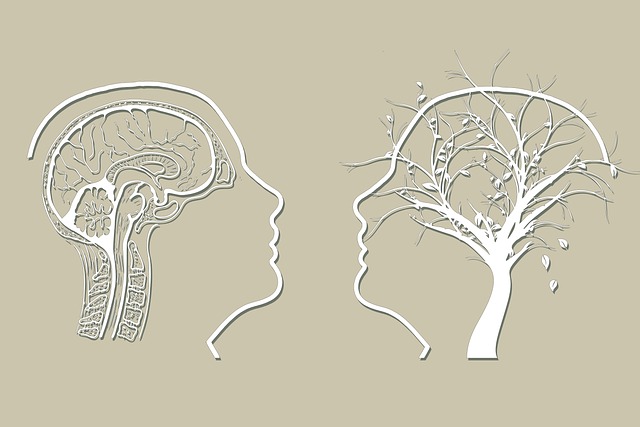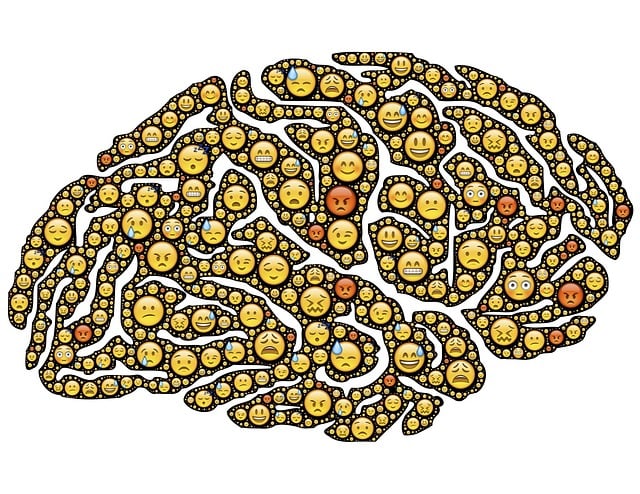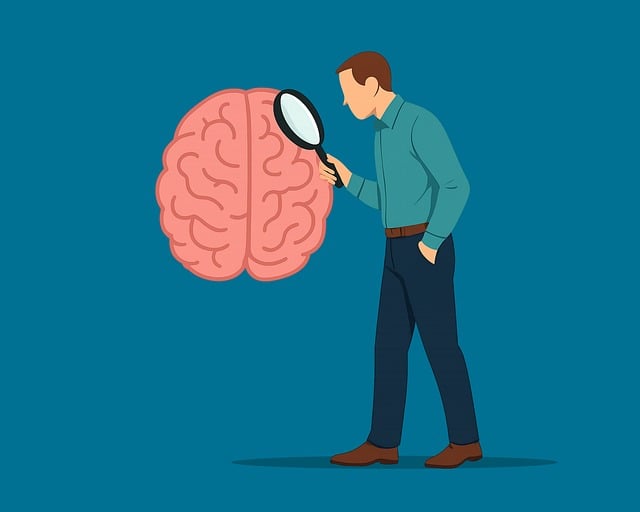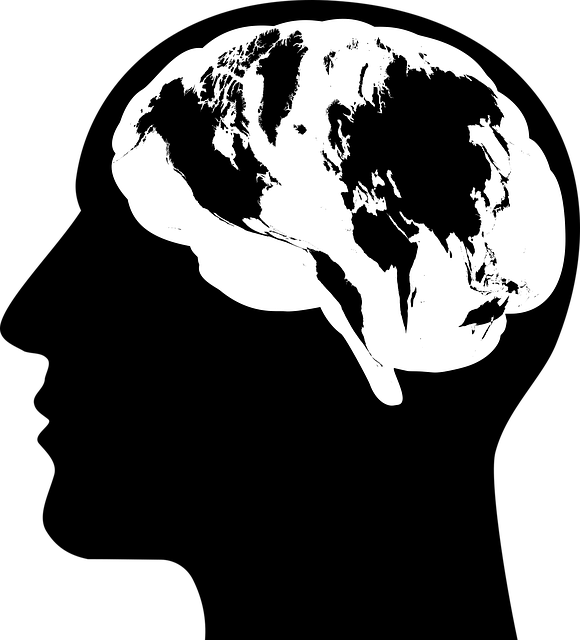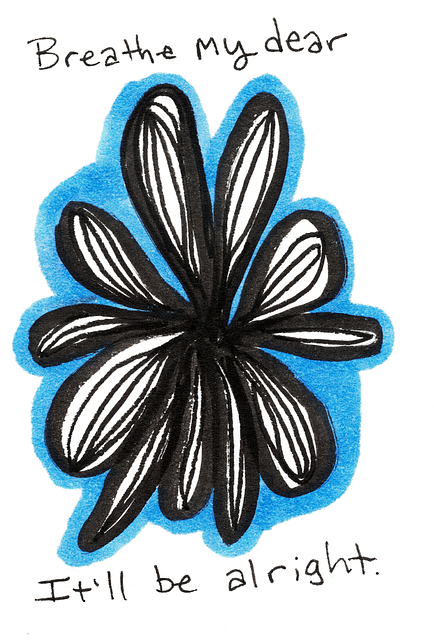Identifying gaps in mental health care for elders is crucial due to an aging population and growing drug abuse-substance use disorders (SUDs) among seniors. Barriers include physical limitations, stigma, and lack of age-appropriate treatment options. A holistic approach involving mental wellness coaching, compassion cultivation, burnout prevention training, and specialized crisis interventions can enhance care. Incorporating mental health awareness programs in geriatric settings and community initiatives, along with enhancing emotional intelligence among healthcare providers, is vital for supporting at-risk elders. Tailored Mental Health Education Programs and empathy-focused strategies, backed by robust policy analysis and advocacy, are key to ensuring inclusive, effective therapy for elders dealing with drug abuse issues.
Mental health policies play a pivotal role in addressing the unique challenges faced by elders, particularly regarding drug abuse and substance use disorders (SAUDs). This article delves into a comprehensive analysis, exploring the gaps and needs in mental health care for seniors. We highlight the growing prevalence of SAUDs among older adults and the distinct barriers they encounter when accessing mental health services. By examining existing policies, we uncover limitations and propose advocacy strategies to enhance care, including building awareness, evidence-based practices, and policy reforms. Additionally, we focus on effective therapy interventions tailored for elder drug abuse treatment.
- Identifying Gaps and Needs in Mental Health Care for Elders
- – Prevalence of drug abuse and substance use disorders among older adults
- – Unique challenges faced by elderly population regarding mental health access
Identifying Gaps and Needs in Mental Health Care for Elders

Identifying gaps and needs in mental health care for elders is a crucial step towards creating effective policies. As the elderly population grows, so does the importance of addressing their unique mental health challenges. One significant concern is the lack of access to specialized therapy services tailored for older adults, such as those dealing with drug abuse or substance use disorders. These issues often go unnoticed or untreated due to stigma and a lack of age-appropriate treatment options.
The development of mental wellness coaching programs and the integration of compassion cultivation practices can significantly enhance care. By training professionals in burnout prevention strategies, we can ensure that support systems are resilient and equipped to handle the complex needs of elders. This holistic approach recognizes that mental wellness is not just the absence of illness but also encompasses fostering resilience and overall well-being.
– Prevalence of drug abuse and substance use disorders among older adults

The prevalence of drug abuse and substance use disorders among older adults is a growing concern in mental health policy circles. With an aging population, the number of seniors struggling with addiction has significantly increased, demanding more focused attention and resources. According to recent studies, the incidence of Substance Use Disorders (SUDs) in individuals aged 65 and above is rising, with many cases going undiagnosed and untreated. This is a particularly worrying trend, as older adults may experience unique challenges when it comes to seeking therapy for drug abuse due to physical health issues, social isolation, or stigma associated with mental health awareness.
The need for specialized crisis intervention guidance tailored to the needs of seniors is evident. Incorporating mental health awareness programs in geriatric care settings and community initiatives can help reduce the burden of drug abuse-substance abuse. Enhancing emotional intelligence among healthcare providers and caregivers can improve identification and support for at-risk individuals, ensuring that they receive the appropriate care. By addressing this growing issue, policy advocates aim to improve overall well-being and quality of life for elders struggling with addiction.
– Unique challenges faced by elderly population regarding mental health access

The elderly population faces unique challenges when it comes to accessing mental health services. As people age, they often experience a decline in mobility, which can limit their ability to physically attend therapy sessions. Additionally, age-related cognitive changes may make it more difficult for seniors to articulate their symptoms or follow treatment plans. The stigma surrounding mental health issues, though decreasing across all age groups, can be particularly persistent among older adults, who may feel embarrassed or ashamed to seek help. These social and physical barriers often result in delayed access to care, as well as underutilization of available resources.
Drug abuse and substance use disorders are also significant concerns for the elderly, with a higher prevalence than previously thought. Factors such as loneliness, chronic pain, and co-occurring mental health conditions can contribute to these issues. Given the complexity of their needs, designing Mental Health Education Programs that cater specifically to seniors is crucial. Furthermore, Empathy Building Strategies within healthcare settings can improve the quality of care for this demographic, ensuring they feel understood and supported in their journey towards improved mental well-being. Advocacy for stronger Mental Health Policy Analysis and Advocacy is essential to address these unique challenges and promote inclusive, effective services tailored to the needs of older adults.
Mental health policy analysis highlights critical gaps in care, particularly concerning drug abuse and substance use disorders among older adults. The unique challenges faced by this population, such as access barriers and ageism, underscore the urgent need for tailored interventions like specialized therapy programs. Advocating for evidence-based policies can ensure that elders receive the compassionate and comprehensive mental health support they deserve, addressing both common mental illnesses and substance abuse issues.
